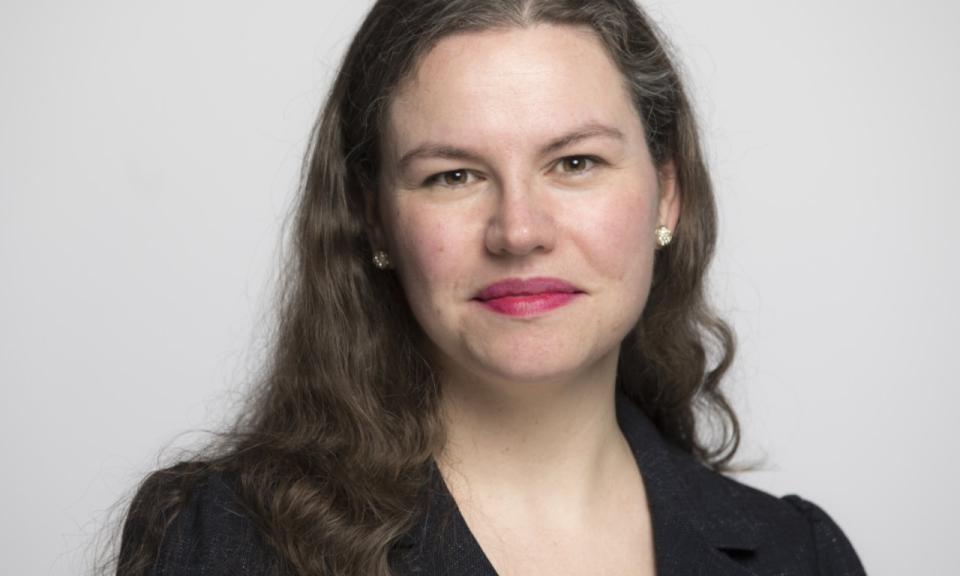
Published
Category
Key topics
Senior Teaching Fellow in Diversity & Inclusion Dr Maria Farkas tells us about the challenges of incorporating equity, diversity and inclusion (EDI) strategy into organisations – and why it matters.
How did you end up specialising in EDI?
I grew up in a small town in New Hampshire and everyone was white and Christian. But my family – immigrants who ate different foods, spoke another language, and felt deep ties to other parts of the world – was a bit different.
I was taught to value differences, to seek out people and experiences that would expose me to other cultures. I went to Wellesley College, one of the most diverse universities in the US, and my first boss was one of the first Black female professors at Harvard. With her, I studied post-apartheid South Africa and attempts to make business there more diverse.
What are the challenges of teaching diversity in a university?
There are several challenges at play. We have students from over 100 countries, with a range of social identities, values and life experiences.
Diversity, power and privilege are often debated in the media. Yet, the lived experience of being different to those with power, the prevalence of implicit bias, and the impact of systemic bias are supported by as robust social science as anything else we teach. We can debate how to solve these issues but not the facts. Shifting the mindset from seeing diversity related topics as opinion-based to science-based can be quite challenging.
On top of this, there will always be people for whom the topic is abstract and others for whom it is their lived experience. While I want to give space to students to discuss perspectives and opinions, I also need to maintain inclusive boundaries.
How do you believe EDI can strengthen businesses?
Diversity of people, of thought, of approach can be immensely valuable to organisations. If your business sees it as positive rather than potentially negative, the result is increased creativity, enthusiasm and passion. There is immense value that can be unlocked through a shift towards inclusion in mindset and culture.
What were you hoping to achieve with your award-winning “Working in Diverse Organisations” initiative?
The working world is incredibly diverse – and increasingly so. You're going to interact with people from different cultural backgrounds who have had very different life experiences and areas of expertise.
Historically, the work of managing diversity has fallen to members of marginalised groups. They did this by altering themselves to fit in. Now, many workers feel comfortable being authentic in the workplace and, as a result, diversity in the workplace is more visible, and the work of managing it belongs to the group rather than individuals.
We need a set of tools to navigate diverse environments. Our initial interpretation can be faulty because we’ve all internalised a way of understanding the world informed by stereotypes and biased representations. But we can learn to evaluate each other accurately and learn skills that enable us to listen to each other better, as well as to recognise that people can experience the same situation very differently.
What do you consider to be EDI priorities?
There’s research that shows that raising children to see racial differences, as opposed to a colourblind approach, increases their ability to acknowledge racism and pick up on it in later life.
At the Business School, we've already done a lot of great things, and, to my knowledge, “Working in Diverse Organisations” is the only obligatory EDI programme at a business school – and that is significant. The goal is to create leaders who understand the power of inclusion and have the skills to create environments that unlock the value of diversity in our workforces.
What are the main challenges of incorporating EDI principles into business?
London is one of the most diverse cities in the world, but winning hearts and minds is still one of the main challenges. Research shows significant organisational change needs strong, visible support from the top. The business world needs more senior leaders who are knowledgeable about inclusion and who are willing to make changes.
We also need to trust our first reactions and judgments less. Our instincts can often lead us to make biased decisions, whether regarding people, risk management or financial decisions. We all need to learn to be led by data and evidence.
Do you feel optimistic about the future of business?
Across the business world, things are very different compared to 20 years ago. I think things are improving and, hopefully, influencing a percentage of future business leaders to behave a little bit differently will have an impact. I feel so enthused and happy that I work somewhere that has given every student the opportunity to learn about diversity in the workplace.
The level of passion I had when I started my career has only grown. It’s magnified by having a biracial child, and by interacting with students who are refugees, or first-generation university students, or who identify as LGTBQIA+. I’m reminded that the human cost of not figuring this out is immense, and I'm grateful and happy that I get to do the work.

